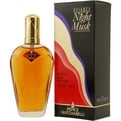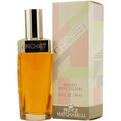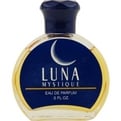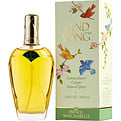PRINCE MATCHABELLI
Prince Georges V. Matchabelli was a Georgian prince who fled the Soviet Union after the Russian Revolution, eventually making his way to the United States where he opened a small antiques shop in New York with his wife, Princess Norina Matchabelli. In 1926, Prince Matchabelli used his experience as an amateur chemist to start his own line of personally blended fragrances, manufactured under the name, the Prince Matchabelli Perfume Company. The design house’s first two fragrances were named after the women they were created for, Princess Norina and Queen of Georgia. These two fragrances were followed by the release of Ave Maria.
Prince Matchabelli perfume was renowned for its color-coded, crown-shaped glass bottles, which were originally designed by Princess Norina herself. The couple divorced in 1933 and after Prince Matchabelli died in 1935, The Prince Matchabelli Perfume Company was sold to manufacturer Saul Ganz the following year. In the late 1940s, the company was once again sold, this time to the Vicks Chemical Company and then again in 1987 to Unilever.
Prince Matchabelli Perfume
In 1953, The Prince Matchabelli Perfume Company released the fragrance that solidified their stance in the perfume industry. The name of that signature perfume was Wind Song. That perfume’s subtle complexity quickly became a favorite among women world-wide. More recent releases include Ginger Lotus, Unruly, Luna Mystique, Cachet and Aviance Night Musk.
Scentsational Discounts on Prince Matchabelli Perfume
It makes "scents" to purchase Prince Matchabelli perfumes from Perfume.net. Each item you purchase from us is guaranteed to be fresh and authentic. Order today and receive free shipping on any order of $70 or more. Plus, if you act now you’ll receive an instant coupon for 10% off your first order.











